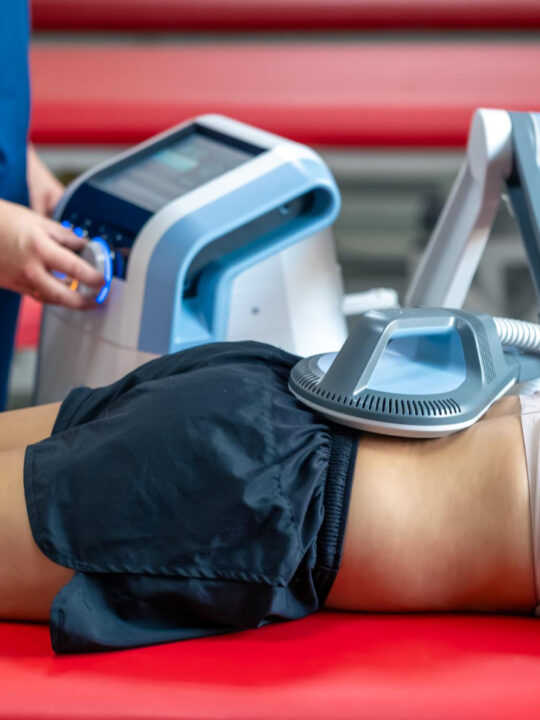 Medical repatriation is the process of bringing someone back to their country after they’ve been hospitalized abroad. It involves a medical plane and a team of nurses.
Medical repatriation is the process of bringing someone back to their country after they’ve been hospitalized abroad. It involves a medical plane and a team of nurses.
In most cases, medical repatriations are covered by insurance. But it’s essential to know precisely what your policy covers. Then you’ll be prepared to make the best choice for you and your loved ones.
Table of Contents
Airline Escort
Medical flight escorts can be an excellent option for patients who are well enough to travel on commercial flights but still require support from a clinical team throughout their journey. This specialized service involves acquiring commercial airline tickets, medically assessing the patient, and accompanying them during their journey.
Airline Stretcher Transport
Often, medical repatriation patients must travel on commercial flights. Whether on a medically equipped airplane or an airline stretcher, these flights are the fastest and most cost-effective way to get patients back home to their families and in-network care providers.
With a commercial flight, the patient can fly comfortably on an airline stretcher while being escorted by a medical crew to help with security and other logistics. This type of transport requires the attending physician to fill out a pre-travel medical clearance form and have it approved by the airline’s doctor.
Airline stretcher transports require a separate passenger compartment equipped with a scoop stretcher, ventilator, biphasic defibrillator, oxygen, suction, and multiple medical lines. Each aircraft has a dedicated medical steward on board.
Critical Care Transport
In a dynamic and precarious physiological state, critically ill patients require the most advanced medical equipment during repatriation. This includes specialized ambulance jets equipped with stretcher systems, ventilators, three-channel IV med pumps, and multiple drip lines.
The availability of critical care beds in the receiving hospital also influences repatriation decisions. As a result, it can take a significant amount of time to secure an available bed and handle the necessary paperwork.
Repatriation may be achieved through regularly scheduled commercial airline flights and an air ambulance team for patients with comparatively mild needs. This type of transport allows for a quicker transfer and may be more cost-effective than other services. Often, these options are covered by the patient’s health insurance or travel protection policy.
Rapid Response
How quickly a company delivers a service can be critical, especially when it involves a family member with serious medical needs. But the question is more acute when the subject is international repatriation.
This is why rapid response teams have gained traction among hospital staff. These specialized, multidisciplinary teams buffer against early clinical deterioration by assessing patients and escalating a care plan when an underlying condition becomes alarming.
Special Mission
Medical repatriation became a priority when the world barricaded itself during the coronavirus pandemic. With the global travel ban in effect, it is essential to repatriate patients as quickly as possible before their condition worsens and they are deemed unfit to fly. This involves finding a suitable facility and handling all relevant paperwork promptly.
Upon arrival at the Air Disaster Unit (ADU), visual triaging was performed to identify ill citizens and seated closer to the medical team. At the same time, hygiene kits containing a health declaration form, face masks, hand sanitizer, and a biohazard bag were provided. Hiring a private medical flight is the best way to ensure a speedy repatriation.







